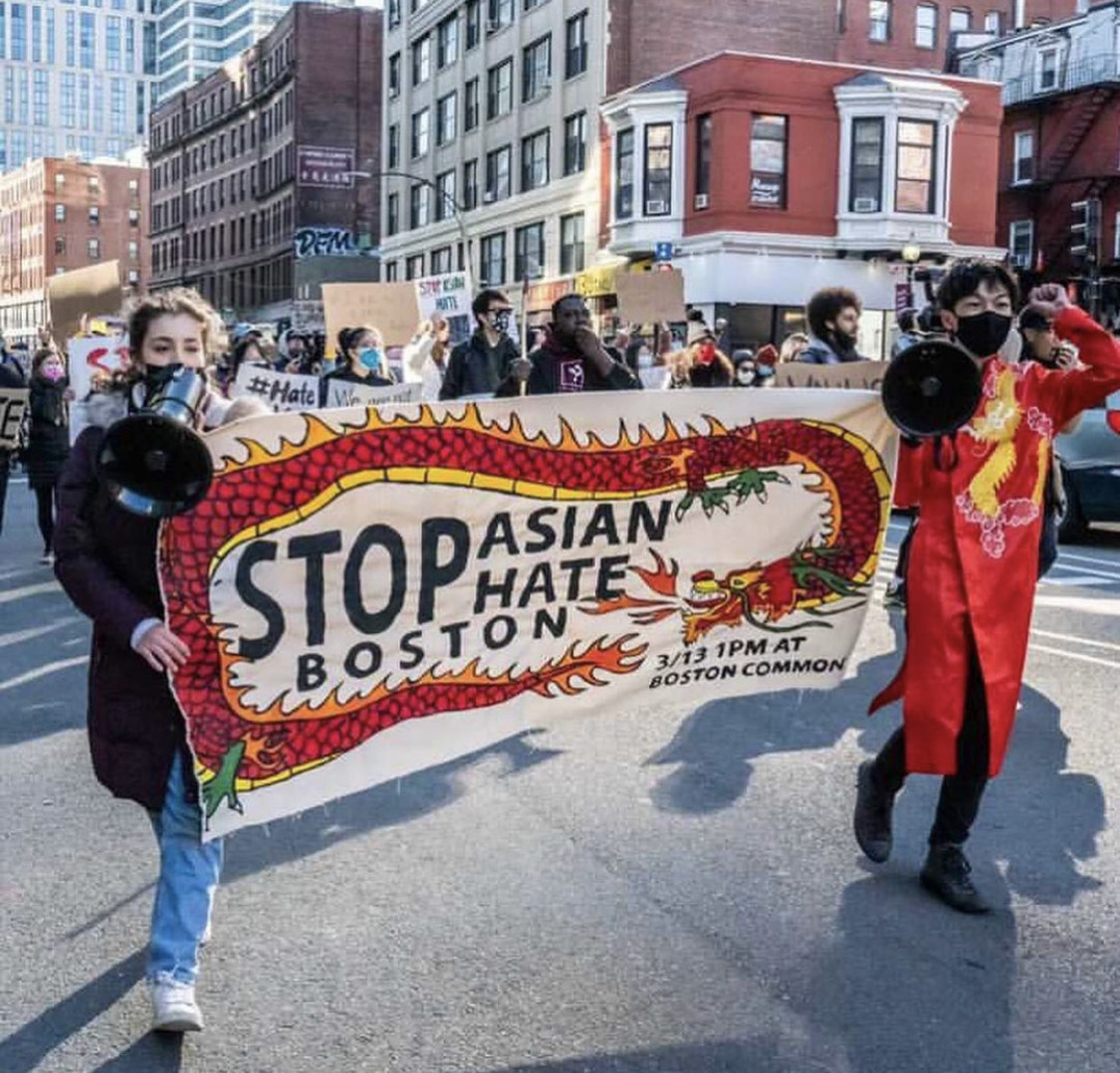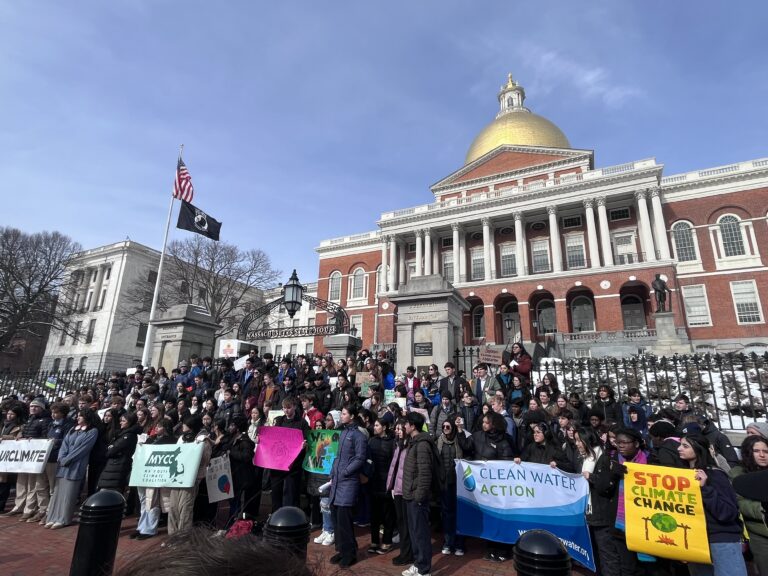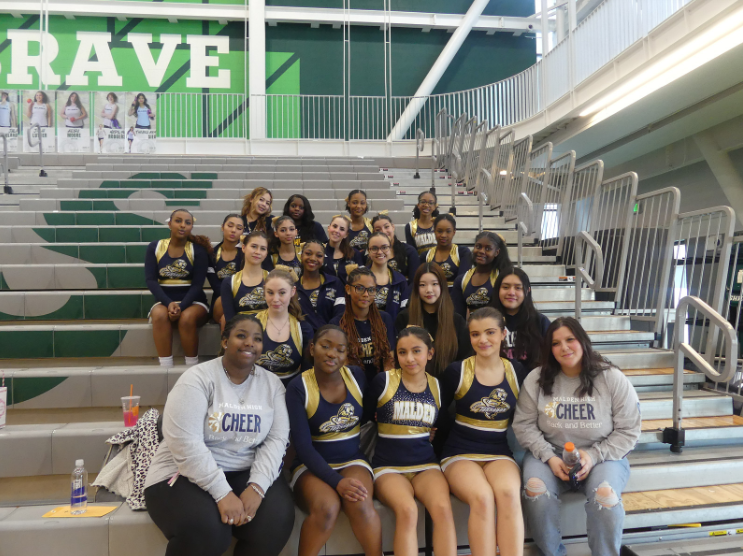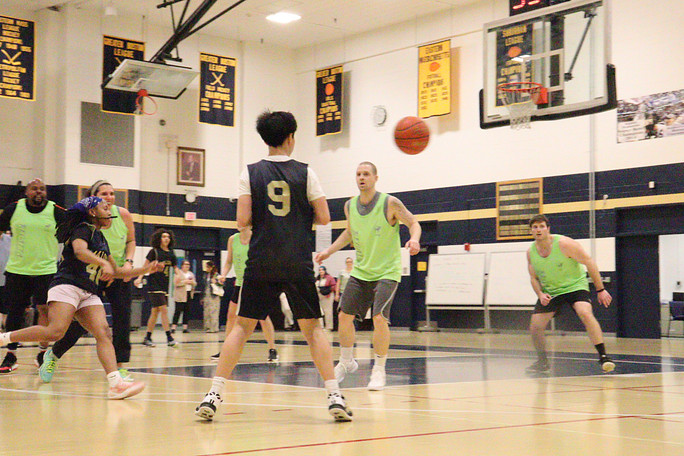
As a young Chinese American, it breaks my heart to see the extensive amount of hatred that continues to impact the lives of my fellow Asian Americans and Pacific Islanders (AAPI).
I am fortunate enough to have lived the first 17 years of my life without a single encounter with racism. I am fortunate enough to have never been called a racial slur. I am fortunate enough to have never been targeted simply because I am Asian.
The harsh reality is that this is not the case for many other individuals. It is imperative that we acknowledge that there are numerous members of our own community, the people that we work alongside, the people we go to school with, the strangers we pass by as we walk down the street, who have faced harassment simply due to their race.
We must speak out against racial injustice. We must stand up for those who are being oppressed. We must hold people accountable for their wrongdoings. These are things I always told myself and I stay true to. But, it took far too many tragic hate crimes to occur across the nation for me to truly comprehend the significance.
As unfortunate as it is, hearing and reading about these stories in the media have become a new norm. News outlets are consistently covering stories about hate crimes whether those are particularly targeted towards the AAPI community or other races.
On the night of March 16th, 2021, a 21 year-old, white gunman, Robert Aaron Long, shot and killed eight women, six of which were of Asian descent; the other two victims were white. As the investigation is still ongoing, detectives claim that it is still unclear what the motive behind the attack was. However, during times like these where people are so driven by hatred and hate crimes have become so common in the news, can you blame people for inferring the attack was racially motivated?
Following the attack in Atlanta, I found myself at a loss for words. I thought to myself, what else is there to say. I have been in this situation countless times, trying to make sense of these appalling and unjust attacks and every time it just feels like a repeated cycle. I try my best to compose my thoughts and speak out against as many attacks as possible, but a pattern that I have noticed within the past year especially has been the fact that every time my message has been along the lines of: this kind of behavior is plainly wrong and should not be tolerated.
But what more needs to be said? It really is as simple as that.
I was having a meaningful conversation with one of my friends and she said something that really stood out to me. She said “at this point [we are] all just disappointed but not surprised,” and I think that is the perfect way to summarize how so many of us are feeling. It is disheartening and upsetting to read about these acts of terrorism clearly driven by xenophobia, but are we surprised? Are we surprised that there is yet another event to add to the never-ending list of racial attacks? Are we surprised that this kind of behavior is being disregarded and excused?
Cherokee County Sheriff’s Office Spokesman Captain Jay Baker spoke at a news conference after Long was taken into custody. At the news conference, Baker claimed that Long was having a “really bad day […] and this is what he did,” essentially consoling and defending Long for his undeniably discriminatory actions.

As mentioned previously, the investigation is ongoing so I have made an extensive effort to regularly check the developing story for any new details, and as I read more and more articles on the murders that took place, I began to notice the word choice many media sources chose to use. I came across numerous articles that refer to the attack on these eight women as an “incident.”
From a student journalist’s perspective, I understand why journalists may not be granted permission to use terms like “hate crime” when there is a lack of evidence proving there is some kind of xenophobia present. But again, can you blame people for assuming the murders were fueled by racism?
This also caused me to question: would the media be treating this story the same way if the murderer was not a white man? Would the word choice be the same? Would the police sympathize with the suspect as much as they did?
The answer to those questions is no. No, the media would not be treating the story the same way. No, the wording would not be the same. No, the police would not sympathize with the suspect. Had the murderer of those eight women been a person of color, he would have been called a terrorist and the police would not be trying to victimize him and excuse his actions.
Unfortunately, the devastating shooting in Atlanta is just one of the several hate crimes that have impacted the AAPI community. Alongside the numerous other hate crimes, there are also likely several other stories and attacks against the AAPI community that are not reported and therefore go unknown. In many instances, these attacks have been targeted towards defenseless elderly members of the AAPI community, and when it comes to reporting these hate crimes, the language barrier tends to be a large factor leaving many victims reluctant to come forward.
However, it has been a little over one year since the COVID-19 pandemic caused the country to lock down and issue stay at home orders. With this, came a significant increase in hate crimes towards the AAPI community. If this year of xenophobic attacks have taught us anything, it is that we cannot sit back and remain silent. If these stories continue to go unrecognized, no progress will be made towards ending racism in America.
From an outsider’s perspective it may become annoying constantly seeing people post on social media about these unjust attacks of terrorism and overall spreading awareness on racial injustice, but imagine how annoying it is for people of color in this country, the ones being oppressed or have to fear being targeted for their race. Put yourself in their shoes and think what could possibly be going through their minds when they regularly see coverage on hate crime in the news.







